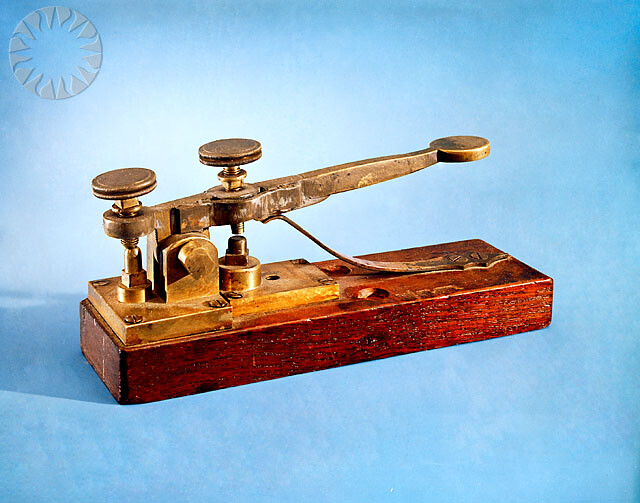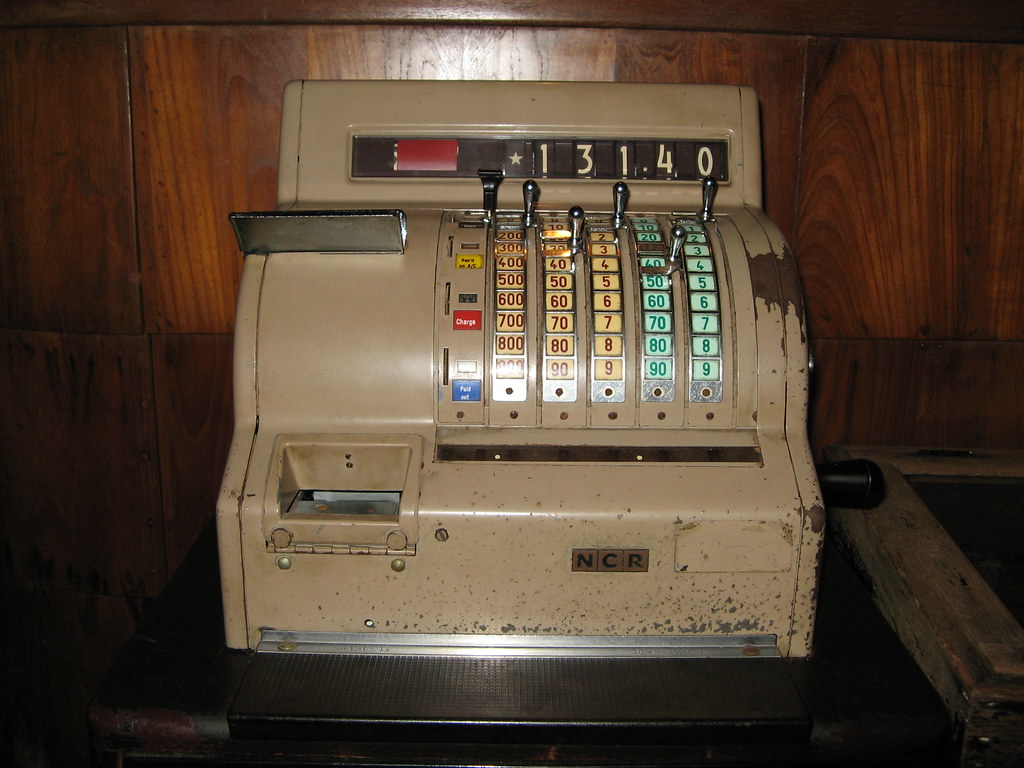 |
| Main man of the Yang Gang. |
Tulsi Gabbard seemed to be appealing for Republican support. She expressly disavowed talk of impeachment and Hillary Clinton’s “deplorables” remark. She spoke of her personal friendship with Trey Gowdy.
This strikes me as good strategy. The rest of the field has been leaning left; she has less competition for Democratic moderates. Biden was doing well on this basis, but Biden is probably flaming out, with the Ukrainian/Chinese scandal. In addition, the Republican race is sewn up. No interest in their primaries. In such a case, Republicans may tend to cross over and vote in the Democratic primaries. So a Republican outreach may help her get the nomination.
And should she get the nomination, it will certainly help her in a general election.
Andrew Yang was the other candidate who seemed to have something to say. The rest were, for me, painful to listen to: it was all boilerplate, sloganeering, lacking any spark of insight. Yang said different things. With his talk of jobs lost to automation and his GAI, he is making a pitch to the working class guys in the rust belt.
And he gives the impression of understanding the new technology, and having some valuable insight. He inspires confidence.
Yang and Gabbard are, I think, in terms of sheer electability, the Democrats’ best options. Gabbard at the debate endorsed Yang’s main plank, the Guaranteed Annual Income. It’s a dream, but together, they’d make a good team. Yang for economic policy, Gabbard for foreign policy.
But something even more interesting. Yang made a strong case that jobs are rapidly disappearing: everyone is seeing their local main street shutting down, and all the automated kiosks now at Target and Macdonald’s. It must be said that the employment figures do not bear this out. Instead, US or Canadian employment is at historic highs. Yet these are jobs being visibly lost—let alone what must be happening in factories. Truck driving is the most common job in Canada, or America, and it looks as though it might be replaced within a few years by self-driving vehicles.
It might be an example of what Marshall McLuhan inaptly once called “the dinosaur effect.” Things in society and technology often seem to be at their highest point of ascendancy just before they collapse. It might be true of the job market. A strong demand for labour may itself hasten the arrival of the machines.
Nobody else on that stage challenged Yang on his claims. They all saw this as a big issue. And I have seen the same said elsewhere—recently, some economist advised that 40% of all American jobs would be gone within a dozen years. Nor is Yang the only guy in Silicon Valley warning of this; and those guys in Silicon Valley have a good track record for seeing what is beyond the horizon.
Now let’s shift focus to the current Canadian campaign, and our most recent leaders’ debate. There, someone made the familiar boilerplate point—can’t recall who, this time—that Canada needed its historically high level of immigration, because we need more workers to sustain our social programs. And everyone present agreed. Not even Maxime Bernier challenges this. He wants fewer immigrants overall, but he wants to select for needed job skills. . He would only cut down on other categories of immigration.
These two universally held truths are plainly incompatible.
If the American Democrats are right, we are setting ourselves up for a pending social catastrophe.
And how is it that nobody is talking about this discrepancy?



















